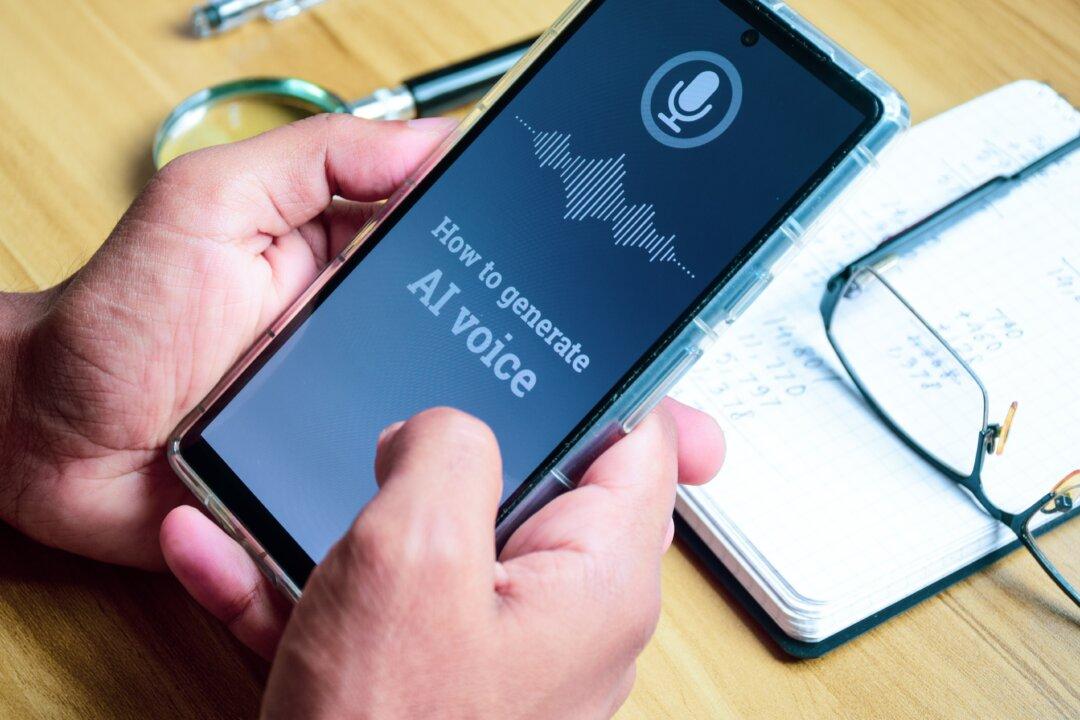According to the Deloitte Center for Financial Services, artificial intelligence (AI) scam losses could reach $40 billion in the United States by 2027. That’s an increase of 32 percent over 2023’s $12.3 billion losses. Scammers use AI to create images, write messages, clone voices, and generate videos to trick unsuspecting victims into giving up their money.
Think you’re immune? Not necessarily. Scammers have ways to make you fear for your loved ones, take part in get-rich schemes, and obtain your personal information. But forewarned is forearmed. Here are the most prevalent AI scams to watch out for.






